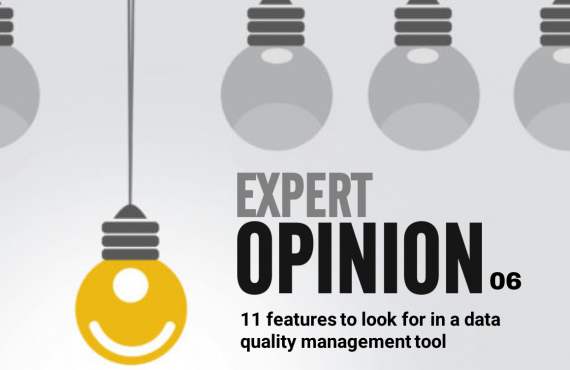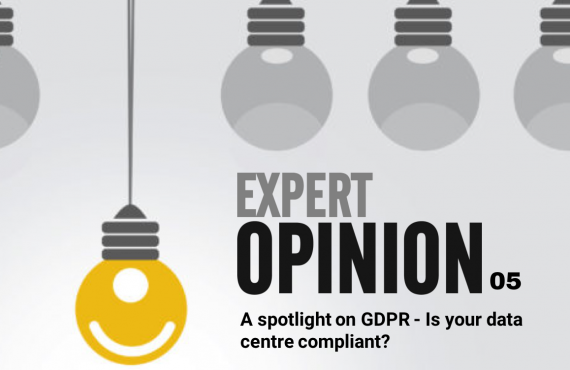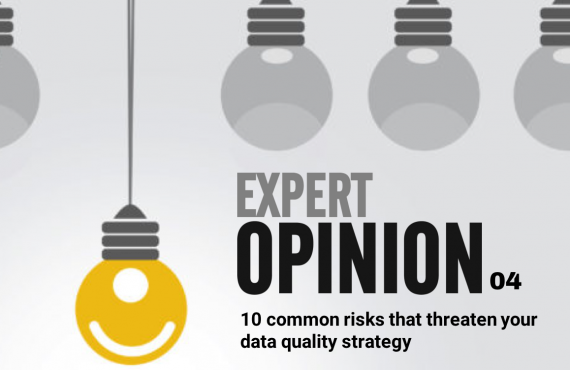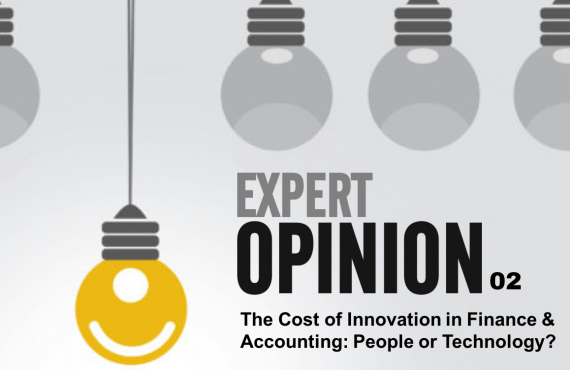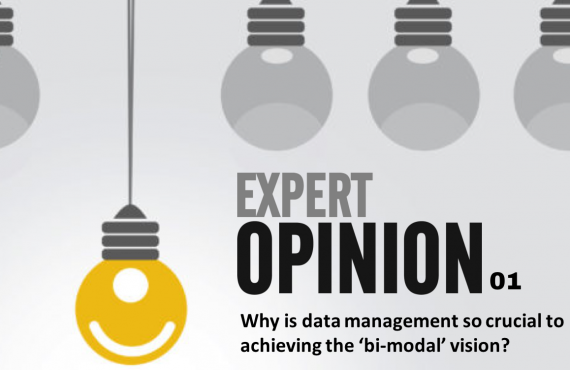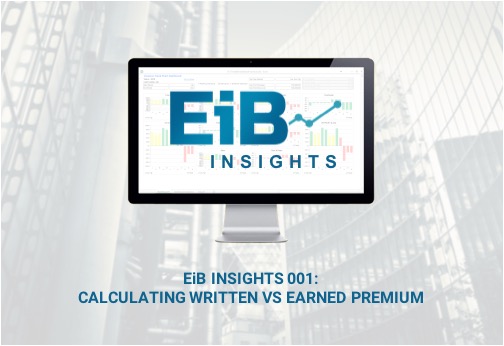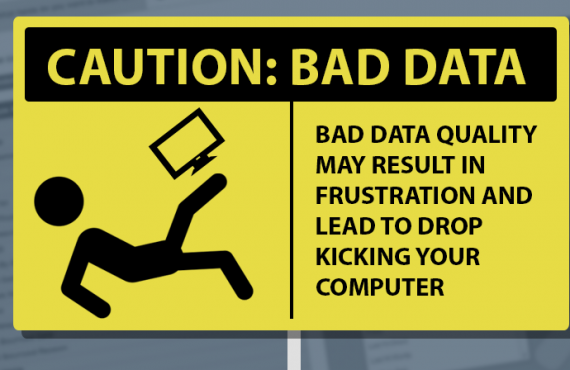2018 is already well underway, and for the Insurance industry this could prove to be one of their most exciting years yet. How so? Because of the InsurTech revolution…
Until recently, insurance has been a virtual island in a sea of technological change. While innovators began disrupting banking and wealth management during the FinTech boom, which preceded the financial crash in 2008 — not to mention also completely transforming the music, travel, taxis and booking industries — insurance was happy to maintain its centuries-old business model, whilst also maintaining its aversion to deploying new technology. And for a trade built on its ability to quantify and price risks, it was startling to see just how unprepared the insurance industry seemed to be against technological disruption.
However, since the turn of 2017 and throughout the course of last year, there seems to have been a new-found urgency to embrace the industry’s digitalisation, adopting higher-impact technological capabilities aimed at enhancing underwriting, improving claims and augmenting customer experience.
Such urgency can be attributed to the colossal boom in investment into InsurTech over the last 12 months. A recent report by Accenture, found that during the first half of 2017, £218 million had already been invested into UK InsurTech alone — twice the level of investment into InsurTech across the rest of the European Union.
So what does this mean for the industry in 2018 then?
We’ve researched some of the most prominent thought leaders in the space, to find-out what they’re prophesying for the year ahead…
InsurTech Prophecy #1 –Dynamic Data Analytics will gain ground with insurers
Prophet: Lucy Hook – News Editor, Insurance Business UK
“Insurance has been a data analysis business since the first actuaries scratched on their parchments. So, to say data analytics will matter in 2018 is no surprise. But what is going to become a differentiator is how insurers will rely on live analytics to support more personalised engagements in line with individual customer needs. Typically, digital transformation has been about faster transactions. From 2018, the goal and the norm will be to make core insurance systems smarter. Smart core is all about data analytics happening right at the centre of operations rather than in an isolated silo.”
EiB Perspective: We eat, sleep and breathe data at EiB, so it’s no surprise that I staunchly advocate analytics being at the nucleus of every businesses’ strategic operations. But where Insurance is involved, there is undoubtedly an unprecedented need for the adoption of technologies which can handle, validate, reject, audit and translate the growing breadth of data, from across multiple disparate sources, into powerful insights, which have the integrity to make a difference for both the business and its customers alike.
InsurTech Prophecy #2 – Automation will replace human effort across the entire insurance value chain
Prophet: Rick Huckstep – Chairman, Digitial Insurer
“This is a trend that is not unique to insurance. But it is a trend that will significantly impact the insurance sector. This is because much of the insurance industry still operates pre-Internet ways of working. It is also because many personal lines are being atomised. Small parcels of insurance protection cannot be packaged and sold with human input and also remain cost-effective. It is also because customers demand it. They want a purely digital experience that does not require human contact when a machine will do nicely, thank you.”
EiB Perspective: You simply cannot address the topic of digitalisation or technological advances, without acknowledging that automation has to be at the forefront of pretty much any tech innovation which expects to go the whole nine yards. So as far as its role in insurance is concerned, I would most definitely have to agree with Rick on this.
What I would like to add however, is that there is as much opportunity to leverage technology for your back-end systems, as there is for your front-end customer solutions. More data = more manual processing. So just ensure that you’re on-top of how your business produces its MI, and that your key personnel aren’t having to spend more time underwriting the increasing amounts of data, when you could be leveraging an automation tool, such as our EiB Insurance Analytics solution, to do a lot of the hard graft, more accurately, reliably and timely.
InsurTech Prophecy #3 – Block Chain and AI
Prophet: Stephen Goldstein – Author, Daily FinTech
“The two biggest technologies I see having an impact on the insurance industry, in 2018 and beyond, are blockchain and AI.
Again, both just make sense.
Blockchain has so many use cases for Insurance. The most practical one for me is a smart contract. Looking at the ecosystem, if all parties can view the same information from a contract, in real time, the whole claims process will be simplified. This would be for almost all lines of insurance.
AI the same. Again, looking from a practicality standpoint, I see two – chatbots and data analytics.
For chatbots, this will bring a better customer experience to both customers and distributors alike. I have been studying different use cases on chatbots since my article a few weeks ago on Insurance agent enablement. I can see chatbots helping in:
- General customer service questions/help – this will free up time from call centres and agents/brokers to focus on more meaty issues
- General questions from agents/brokers – folks that work in call centers – how many times do agents/brokers call you just to confirm how a certain product works? Chatbots can help with that
- Direct to Consumer (D2C) sales
- Claims
- And more
I’m not the only one who is bullish on AI and chatbots. Just ask Softbank and Lemonade.
For data analytics, someone needs to sift through all that data that an insurer has (including the new sets provided by wearables, sensors, telematics and other third party sources). Someone will need to identify from that data when there is appropriate time for a) cross-sell, b) preventative care, c) wellness tips, d) positive reinforcement for good behavior, e) identify fraudulent claims, etc…
That ‘someone’ will be AI.
Both blockchain and AI are prevalent in today’s market and are currently being explored more and more within Insurance (some recent examples being Nationwide, AXA and E&Y).
I see these two technologies as being the most commonly used by carriers in 2018 and beyond. ”
EiB Perspective: What resonated most with me from Stephen’s prediction, was the acknowledgment of someone(s) needing to sift through the masses of new data sets and sources which all of these new technologies will yield. We see this prevailing issue a lot, especially with the smaller MGAs and Underwriters, who are already struggling to manage the vast amount data at their disposal, in order to produce accurate and insightful MI, let alone when data sources from the likes of telematics, wearables and sensors all come into play.
So I am hoping that along with the heightened awareness surrounding data analytics, 2018 will also be the year that organisations in the Insurance industry face-up to the fact that with more data comes more bad data. And that in order to alleviate this conundrum, organisations require the right infrastructure and architecture to effectively handle this bad data, something EiB are more than well equipped to assist with.
InsurTech Prophecy #4 – InsurTechs and Insurers will need to work more collaboratively and strategically, to benefit from technology
Prophet – Wayne Allen – CEO, Innovator’s Edge and COO, Insurance Thought Leadership
“Increasingly, we see the insurance industry moving away from an emphasis on how technology alone can drive innovation. In 2018 the industry will become more focused on where its needs are, before addressing where technology can make processes more efficient and can solve problems, including the need for growth.”
EiB Perspective: This is arguably the most prudent prophecy I have read so far, but whether or not Insurers, MGAs, Underwriters, Reinsurers and Brokers alike, will actually adopt a more strategic approach to adopting new technologies, is yet to be seen. Such an approach is especially needed with regards to data governance, and the adoption of new infrastructure, hardware and software, which can achieve holistic data fluency, optimise data exploitation, and realise a positive ROI for organisations.
There is a an undeniable need for a culture shift, from the top-down, in order to overcome long established conventions regarding how information is managed and consumed across organisations in the Insurance industry. So if businesses are open to formulating a strategy, and a adopting a collaborative approach to working with InsurTechs, such as ourselves, then there really is so much that can be achieved through technology like our EiB Insurance Analytics solution.
InsurTech Prophecy #5 – Partners, Not Adversaries
Prophet – Ted Devine – CEO, Insureon
“Insurtech is about improvement. Agents will still be the primary distribution force for insurance over the next 20 years and carriers will still be the primary capital for the next 20 years. None of that will radically change.
But as we move forward, carriers will realize they can form mutually beneficial partnerships with insurtech companies. This will help them leverage technology to improve end-to-end user experience for both customers and agents.
I always remind carriers that insurance isn’t their product – customer experience is the product. If they can optimize the experience, they will come out ahead. That’s one of the many areas where insurtech firms can help.”
EiB Perspective: Ted totally hits the nail on the head when he refers to InsurTech companies as prospective partners. It is very easy for organisations to approach an InsurTech firm like EiB, in a straight-up ‘you provide us with the solution, and we’ll take care of the rest ourselves,’ kind of way. But InsurTech, and in particular our EiB Analytics solution, is not just something you throw out the box and expect it to like miraculously transform your business.
According to Gartner, the failure rate for BI projects remains as high as 70 to 80 percent, which is why we believe that in order to achieve success, a coordinated effort is required across the dimensions of people, processes, and technology, rather than just relying on the technology itself.
EiB work in close partnership with our clients, ensuring engagement and active participation by and with the client throughout the process. We will continue championing this partnership model throughout 2018, all of which is underpinned by our EiB Launch methodology, and we hope to see the same partnership approach embraced across the Insurance industry too.
If your business is planning to digitalise in 2018, and invest in its BI technology architecture, then please do not hesitate to contact us and we’d be happy to discuss everything further.





